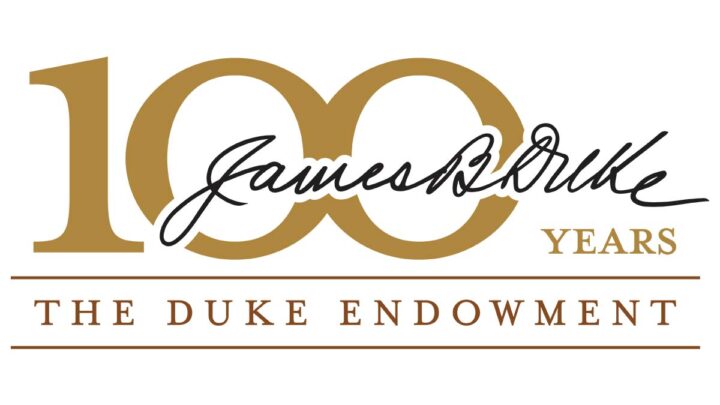James B. Duke understood that in rural areas, churches were often the strongest and most effective community institutions. Today, The Duke Endowment is pleased to announce the most recent list of United Methodist churches eligible for support from the Endowment’s Rural Church program area. This list, nearly 600 congregations strong, points to the continued strength and promise of United Methodism and spiritual vitality in rural areas across the state of North Carolina.
In the legal document that established The Duke Endowment, Mr. Duke stated that churches in “the sparsely settled rural districts,” defined by him as towns of 1,500 or fewer (according to each decennial census) would be eligible for assistance from the Endowment. In 2013, Endowment Trustees approved expanding eligibility to include churches in areas that were designated “rural” by Rural-Urban Commuting Area (RUCA) codes. Accordingly, this eligibility list is reexamined and reposted to our website after data from each federal decennial census is collected and RUCA designations are assessed.
Eligibility is one of the factors considered in reviewing grant proposals. An applicant’s proposed project must also fit within one of the Rural Church program area’s strategic pathways, including:
- Cultivating and supporting pastoral leaders – We support programs that recruit and retain candidates for ministry; nurture clergy growth and competencies including cultural sensitivity and racial equity; and support training for district superintendents to develop missional strategies that strengthen connections between churches and their communities. We believe that doing so benefits rural communities across the state.
- Reimagining church real estate – We support training and tools that help rural congregations make informed decisions about how to optimize their assets and use them as catalysts for community-focused ministry. Using real estate in ways that meet community needs and increase usefulness of facilities can increase connections between church and community and increase vitality for both.
- Building congregational capacity – In healthy churches, clergy and laity maintain strong awareness of their community and ties to it. We support programs that engage rural congregations with their neighbors to identify and implement solutions that could have a lasting, positive effect on their rural region.
- Identifying and testing selected programs – We identify, develop, test, and share programs that have demonstrated positive outcomes, with a special emphasis on children. Simultaneously, we provide funding for churches to implement these programs. Currently, our funding is focused on the Summer Literacy Initiative and a nutritional program for early childhood education centers.
To begin the process, the Rural Church program area uses a short pre-application form, which will help confirm eligibility and guide applicants to complete an application tailored to one of the strategic pathways named above.
Pre-application deadlines are May 10 and October 3, and submissions cannot be accepted outside of these dates. The pre-application portal will open approximately six weeks prior to these deadlines.
After receiving pre-applications, The Duke Endowment will either invite applicants to submit a full application for the upcoming grant cycle or inform the applicant that its project does not align with current priorities, thereby concluding the process.
We invite you to learn more about the Rural Church program area, our strategic pathways, and church eligibility at our website. Together, we can create a vibrant and innovative future for rural communities across North Carolina.
Shaheen B. Towles
Associate Director of Communications, The Duke Endowment

